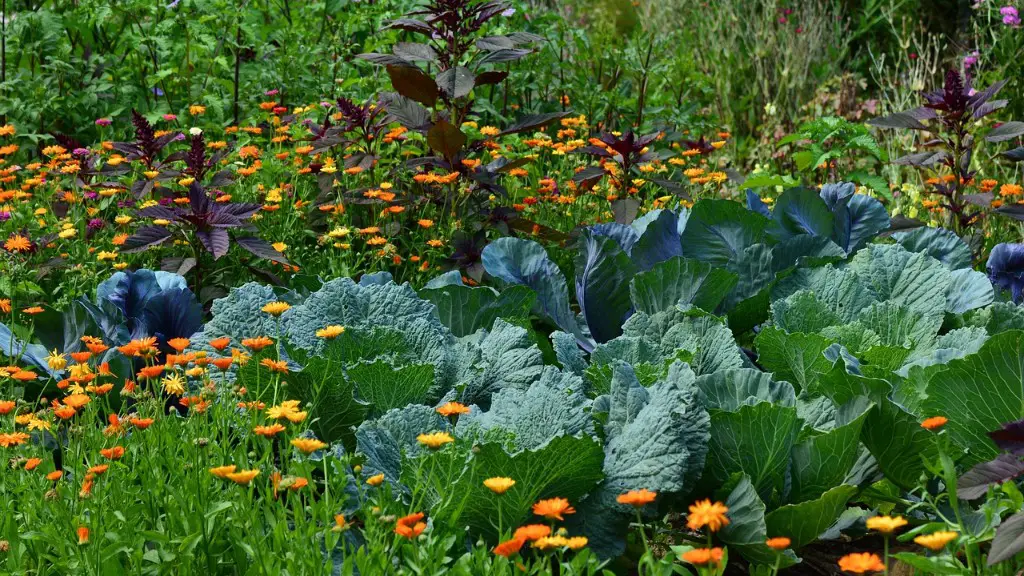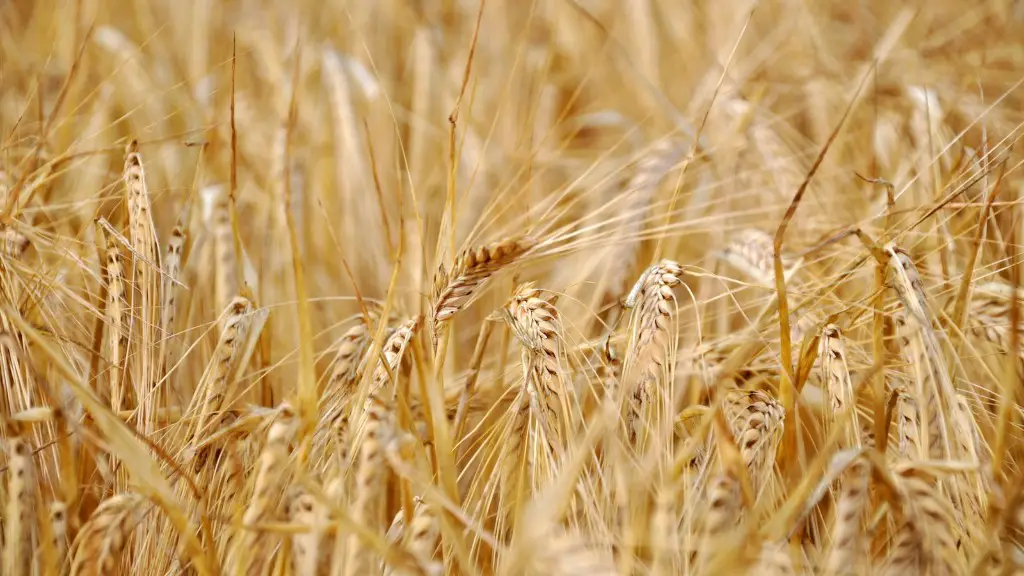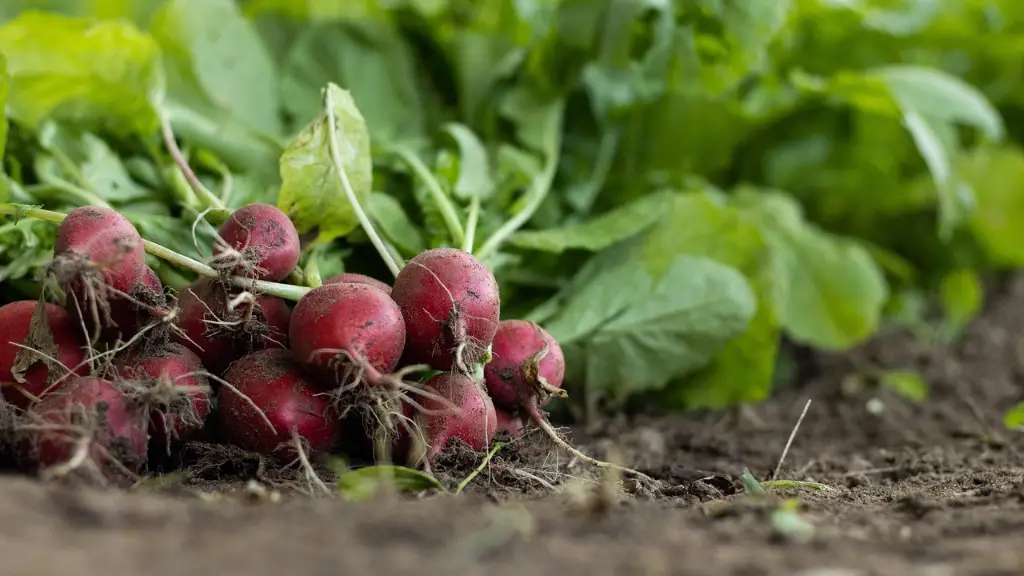Since the dawn of civilization, agriculture has been a key part of human society. The ability to cultivate crops and domesticated animals allowed for the development of cities and civilizations. Over time, agriculture has evolved and changed to meet the needs of a growing population. Today, modern agriculture is a large and complex industry that relies on technology and science to produce food on a grand scale. While there are many advantages to modern agriculture, there are also some significant disadvantages.
The advantages of modern agriculture include increased efficiency, technological advances, and higher yields. The disadvantages of modern agriculture include environmental damage, the potential for decreased diversity, and socioeconomic disadvantages for farmers.
What are the disadvantages of modern agriculture?
Modern farming methods have led to the overuse of natural resources, the loss of soil fertility, and the depletion of groundwater. These methods require a great deal of capital, which can be a barrier to entry for small farmers.
Modern farming techniques have improved the fertility of the soil, which in turn has increased the cost and demand for farm products. However, these same techniques have also had a negative effect on the ecosystem, causing decreased biodiversity and soil erosion. Modern farming has modern storage methods that reduce wastage of food grains, but these methods are often expensive and not available to all farmers.
What are advantages and disadvantages of agriculture
There are both advantages and disadvantages to having a controllable food supply. One advantage is that you might have droughts or floods, but if you’re growing the crops and breeding them to be hardier, you have a better chance of not starving. A disadvantage is that in order to keep feeding people as the population grows you have to radically change the environment of the planet.
Large-scale, conventional farming is not sustainable in the long term. It contributes to climate change, pollutes air and water, and depletes soil fertility. We need to move to more sustainable methods of farming that focus on diversified crop production, less reliance on fossil fuels, and more environmentally-friendly practices.
What is the advantage of modern agriculture over traditional ones?
Modern agriculture has many advantages over traditional agriculture. One advantage is that it requires less labor. With modern machines, one person can do the work of many people. This reduces the amount of labor needed to produce crops. Another advantage is that modern agriculture takes less effort. With better irrigation and drainage systems, farmers can grow crops with less water. This means that they don’t have to work as hard to produce a crop. Finally, modern agriculture can increase yields. With better seeds and fertilizers, farmers can produce more food per acre. This means that there is more food to go around.
The problem with traditional farming methods is that they are becoming increasingly inaccessible to the greater public. This is due to urbanization, deforestation, lack of space, and water shortages around the world. As traditional farming methods become more and more unavailable, it poses a risk to the environment.
What is modern agriculture and its impact?
Modern agriculture is an ever-evolving field that is constantly finding new ways to increase efficiency and reduce the amount of natural resources needed to produce food, fuel, and fiber. This approach is not only beneficial for farmers, but also for the environment and the world as a whole. By using less water, land, and energy, we can all help to preserve our planet for future generations.
1. agriculture provides employment for a large number of people in Nigeria.
2. agriculture is the main source of income for many households in Nigeria.
3. agriculture plays an important role in the country’s economy.
4. agriculture contributes to food security in Nigeria.
5. agriculture provides raw materials for other industries in Nigeria.
6. agriculture offers opportunities for entrepreneurship and investment.
7. agriculture helps to diversify the economy of Nigeria.
What are some advantages of agriculture
Agriculture is one of the most important aspects of society. It provides us with food, shelter, andjobs. It also provides us with raw materials for products like clothing and paper. Agriculture also plays a big role in our economy. It is responsible for a lot of trade and helps to build strong economies.
The World Bank Group is a leading financier of agriculture and can help reduce poverty, raise incomes and improve food security for 80% of the world’s poor, who live in rural areas and work mainly in farming. Agriculture is an important sector for the world economy, providing food, feed, fiber and fuel. It is also a major source of employment, with nearly 1.3 billion people working in agriculture, representing about 15% of the world’s workforce.
What are 5 disadvantages of agriculture?
Industrial agriculture has had a number of negative impacts on the environment, including deforestation, soil degradation, water pollution and climate change.
One of the most serious drawbacks of technology in agriculture is that it diminishes soil fertility. The soil of the fields is harmed and fertility is reduced as a result of excessive use of technology. Fertilizers and chemicals can boost productivity, but they can deplete soil fertility over time.
What are advantages and disadvantages
The disadvantages of a thing are the bad points about it, while the advantages are the good points. In other words, the disadvantages are the qualities that make it less likely to succeed, while the advantages are the qualities that make it more likely to succeed.
Modern agricultural practices are based on an industrial model that emphasizes production, capital gain, and input intensity. In contrast, traditional agricultural practices are based on a more sustainable model that emphasizes localization, biodiversity, shared genetic resources, and a cultural appreciation for many different crops. Traditional agricultural practices are often more efficient and provide more benefits to the environment and local community than modern agricultural practices.
How is modern agriculture better than traditional agriculture?
Traditional agriculture is becoming increasingly outdated as globalization and modernization forces increase. Contemporary agriculture relies on more technologically advanced tools and machinery, as well as on organic fertilizers, to produce food more efficiently. Traditional farming practices and expertise are often not able to keep up with the pace of change, leaving many farmers behind.
Traditional farming methods are important for a number of reasons. For one, they help to protect natural resources. They also help to maintain biodiversity and enhance food security. Traditional farming methods have helped farmers to provide cultural and ecological services to human beings for centuries and they continue to do so today.
What are 5 negative impacts of conventional agriculture practices
Organic agriculture is a much better option than conventional agriculture in terms of greenhouse gas emissions, soil erosion, water pollution, and human health. Organic agriculture has a smaller carbon footprint, conserves and builds soil health, replenishes natural ecosystems for cleaner water and air, all without toxic pesticide residues.
The extent of crop agriculture is largely influenced by environmental factors such as terrain, climate, soil properties, and soil water. For example, crop production is typically more extensive in areas of flat terrain and favorable climate, whereas it is more limited in areas of steep terrain and harsh climate. Similarly, crop production is often more extensive on soils with good productive properties and adequate soil water, while it is more limited on soils with poor productive properties and/or inadequate soil water.
Conclusion
The advantages of modern agriculture include increased crop yields, decreased labor requirements, and increased efficiency. The disadvantages of modern agriculture include increased reliance on fossil fuels, increased dependence on technology, and potential negative impacts on the environment.
The advantages of modern agriculture are that it is more efficient and uses less land than traditional agriculture. The disadvantages are that it is more expensive and can be more environmentally damaging.





